Mai 68 (1974)
Genre : Documentary
Runtime : 3H 10M
Director : Gudie Lawaetz, Jérôme Kanapa
Synopsis
A montage film that begins in May 1, 68 and ends in mid-June. Everything is there: the students of Nanterre in revolt, the demonstrations, the cobbles, the barricades, the rioting nights, the busy Sorbonne, the happening of the Odeon, the factories on strike and Séguy who gets on the bandwagon , the general protest, 10 million French without work, de Gaulle and The reform, yes, the doglit, no, the Gaullist demonstration of May 30, Grenelle, the death of a high school student, the offensive Pompidou and the return in the factories.
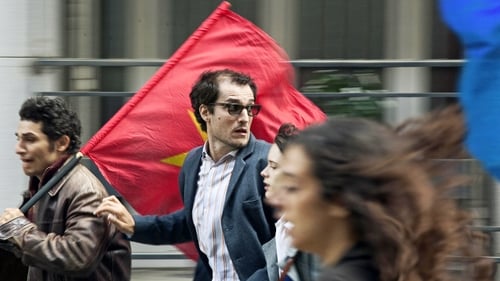
In 1967, during the making of “La Chinoise,” film director Jean-Luc Godard falls in love with 19-year-old actress Anne Wiazemsky and marries her.
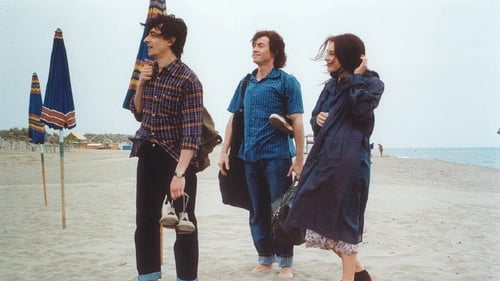
Spanning nearly four decades, this generational epic follows two Italian brothers from a middle-class family through some of the most significant events of postwar Italian history after their life paths diverge thanks to one fateful encounter during the summer of 1966.
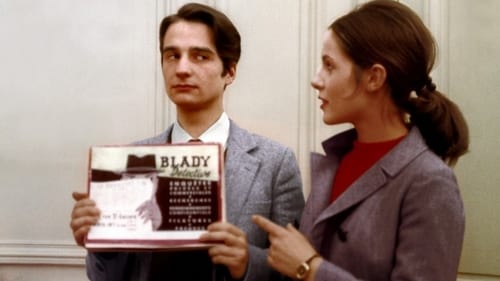
The third in a series of films featuring François Truffaut's alter-ego, Antoine Doinel, the story resumes with Antoine being discharged from military service. His sweetheart Christine's father lands Antoine a job as a security guard, which he promptly loses. Stumbling into a position assisting a private detective, Antoine falls for his employers' seductive wife, Fabienne, and finds that he must choose between the older woman and Christine.
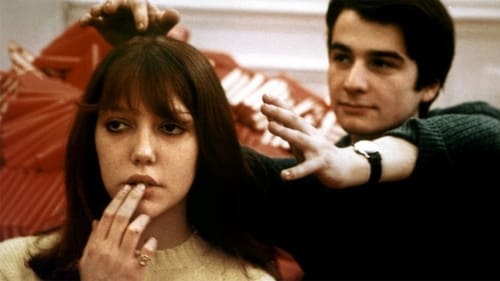
A small group of French students are studying Mao, trying to find out their position in the world and how to change the world to a Maoistic community using terrorism.
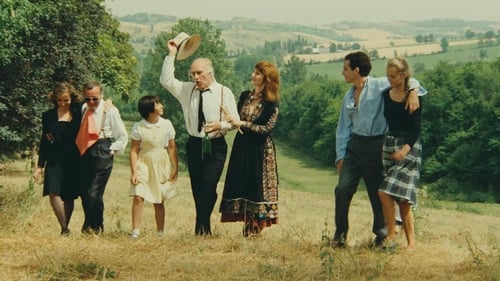
An eccentric family is re-united during the 1968 general strike in France, after the death of the grandmother.
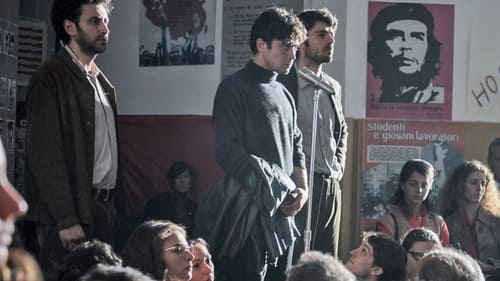
Italy, 1968. Aspiring actor Nicola enrolls in the police to pay for his rent, ending up undercover among university students protesting the government, the Vietnam war and the strict mores of the time. He befriends Laura, a bourgeois girl dreaming of a better world, and Libero, a working-class radical leader, complicating his mission...
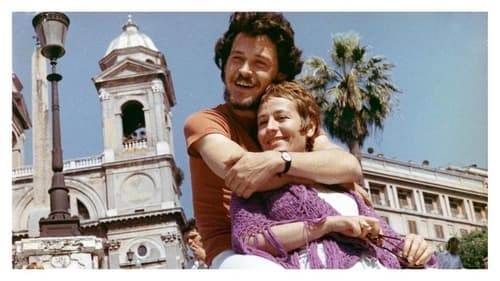
A love story between a teacher, Daniele, 32 years and one of his students Gerard, 17 during the heated atmosphere of May 68. Daniele is a fiery young woman, very involved politically. Gerard's parents accuse Danièle of statutory rape and complain. Danièle is trapped and the drama begins...
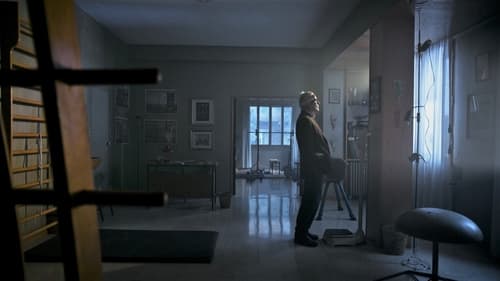
"Marx can wait" was something Camillo Bellocchio said to his twin Marco the last time they met before the former died at a young age in the heated days of 1968. This documentary is dedicated to his memory.
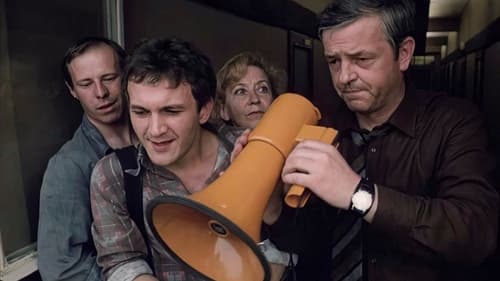
A dramatisation of the workers' protests in June 1976 in Radom, seen from the perspective of the local Secretary of the Polish United Workers' Party. [Produced in 1981, but not commercially released until 1996.]
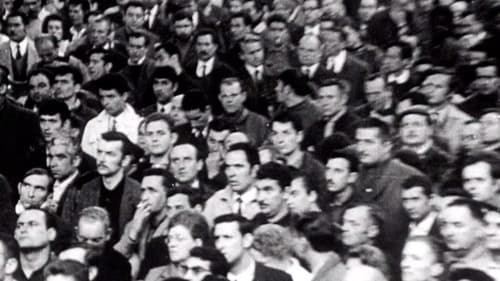
Guy Debord's analysis of a consumer society.

Filmmaker William Klein documents the Paris student riots that occurred in May of 1968.
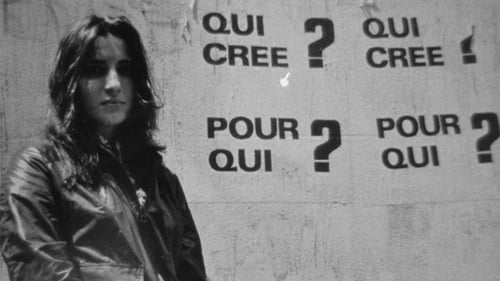
During the summer of 1968, a young French woman staying in an isolated country house reflects upon her involvement in the events of that May.

From Washington to Saigon, Rome to Mexico, Paris to Prague, a wave of protests shook the world. 68 looks back at the looks back at the Vietnam War, the Prague Spring and the Soviet Invasion, the Paris riots, Dubcek, Che Guevara, De Gaulle, Cohn-Bendrik and more. A dive into the chaos of a turbulent year, featuring fantastic colour footage and the music of Jimi Hendrix, Janis Joplin, Jim Morrisson and Bob Dylan.
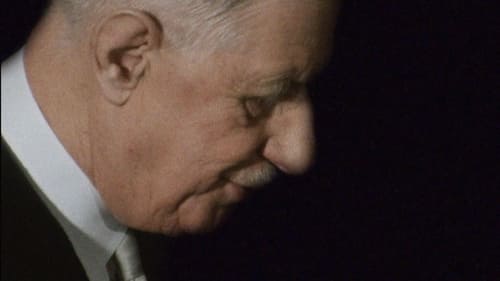
Charles de Gaulle, the first president (1958-1969) of the Vth Republic, France’s current system of government, left his mark on the country . He was statesman of action and has been compared to a monarch. This film depicts the general’s personality through the great events of his presidential term, at a time when the world was undergoing considerable changes.
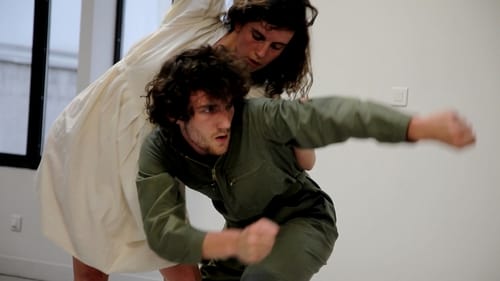
A year in the life of Elsa Michaud and Gabriel Gauthier, students of Fine Arts in Paris, lovers in troubled times, overwhelmed by maddening verbal and auditory stimuli, witnesses of a globalized violence more visible than ever in a chaotic digital era, in which the slow execution of simple gestures in a silent performance is an act of resistance.

1968, London. Luca is living his 'swinging' years away from duties and responsibilities while his father wants him to be introduced to the family business at any cost. Luca is first forced to return to Italy, then kidnapped by his father's collaborators, placed in a sanitarium and put through electroshock therapy and other torments. Once 'normalised' Luca marries a woman who is in reality a psychologist paid by his father to brainwash him and turn him into a perfect businessman.
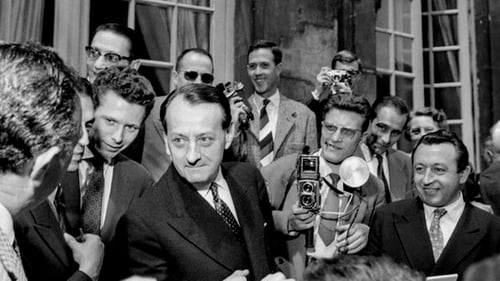
Writer, journalist, explorer, filmmaker, communist militant, freedom fighter. Truths and lies. A plot twist. Politician. General De Gaulle's shadow. Overwhelmed by the weight of power. The numerous exploits of André Malraux (1901-1976).

A film considered almost lost even by Garrel, who recently found his negatives. Shot during the events of the May 68, it was made collectively; the film is a merge of Garrel’s and his partners’ points of view, all of them students and filmmakers that participated in the revolt.

From a marriage proposal to a broken condom, Fucking in love is an intimate journey based in New York, in the search of love and desire. A journey in flesh and emotion where submitting oneself to the other ignites an affirmation of the self.

A montage film that begins in May 1, 68 and ends in mid-June. Everything is there: the students of Nanterre in revolt, the demonstrations, the cobbles, the barricades, the rioting nights, the busy Sorbonne, the happening of the Odeon, the factories on strike and Séguy who gets on the bandwagon , the general protest, 10 million French without work, de Gaulle and The reform, yes, the doglit, no, the Gaullist demonstration of May 30, Grenelle, the death of a high school student, the offensive Pompidou and the return in the factories.

















